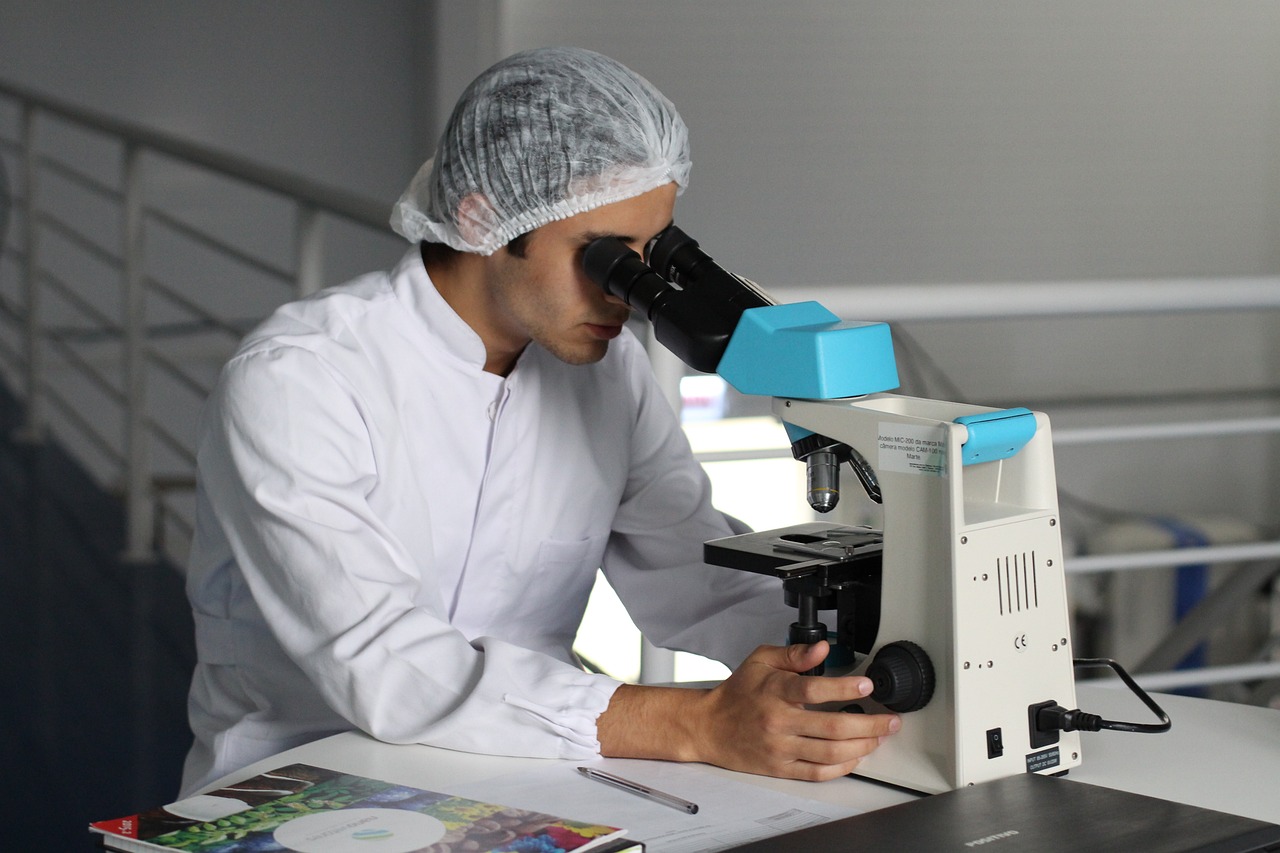If you have a natural passion for biology, there’s good news: you can pursue a wealth of different career paths with a degree in biology. Here are just some of the roles you might like to consider after graduation.

Image source: https://pixabay.com/photos/scientist-drugstore-microscope-2141259/
Research Scientist
Even though you do not have to decide what exact career path to follow when you first start a biology degree, it can often be advantageous to have an idea of the kind of field you would like to work in, as you can then ensure you enrol with the best degree program.
For instance, studying an associates biology degree online or at a brick-and-mortar educational establishment can be invaluable if you want to teach biology or conduct biology research.
Armed with an associates degree, you might like to pursue a career as a research scientist.
The role would involve conducting lab-based investigations to study life processes and diseases.
Pharmacologist
Another fascinating field you could pursue is pharmacology. As a pharmacologist, you would investigate how drugs interact with biological systems.
If you are interested in promoting improvements in healthcare, this could be the ideal career path for you.
Microbiologist
You could become a microbiologist.
With your biology degree in hand, you could delve into research on microorganisms, where you would study bacteria, viruses, and fungi.
You could make significant contributions to understanding diseases, environmental science or even the food industry.
Biochemist
As a biochemist, you will be at the intersection of biology and chemistry.
The position involves studying chemical processes related to living organisms, which could potentially lead to advancements in fields like medicine or agriculture.
Genetic Counsellor
Working as a genetic counsellor is another option.
This career path allows you to provide guidance and information about genetic disorders to families and individuals.
Your aim would be to support them and help them make decisions about their genetic health.
Forensic Scientist
Forensic science could be another attractive path.
In this role, your tasks would involve the scientific investigation of crime scenes. So, you would contribute crucial evidence for criminal investigations.
Environmental Consultant
If your interest sways towards environmental concerns, then becoming an environmental consultant might be ideal for you.
Your work would primarily focus on protecting the environment by providing expert advice on policies and procedures.
Marine Biologist
Marine biology is worth looking at if you have an affinity for aquatic life.
As a marine biologist, you can study organisms in oceanic bodies of water and potentially contribute to the conservation of marine environments and species.
Natural Sciences Manager
As a natural sciences manager, you will use your degree in biology to oversee the work of scientists such as geologists, chemists and biologists.
You would also participate in higher-level plans related to research and development.
Wildlife Biologist
If you have a particular interest in wildlife, becoming a wildlife biologist could be a perfect career path.
In this role, you would study the interactions of animals and their environment, as well as investigate potential threats and come up with conservation strategies.
Food Scientist or Food Technologist
Being a food scientist or technologist is another fascinating option.
In this role, you would apply biological principles to the study of food processing and production methods, thus ensuring safety and improving taste or nutritional value.
Biomedical Engineer
Your biology degree could lay the groundwork for you to become a biomedical engineer.
In this capacity, you would design and build systems that solve medical and health-related problems. Your innovations could be instrumental in improving and saving lives.
Plant Scientist
Lastly, working as a plant scientist might suit you if you are intrigued by plant life. This profession involves studying various aspects of plants, from growth and development to combating diseases.
Your valuable research may guide agricultural practices or contribute to environmental conservation efforts.



















